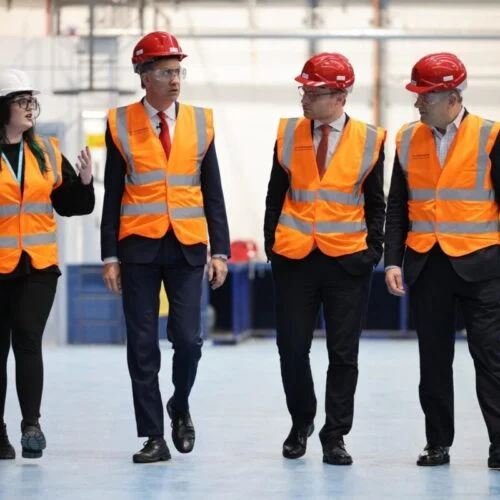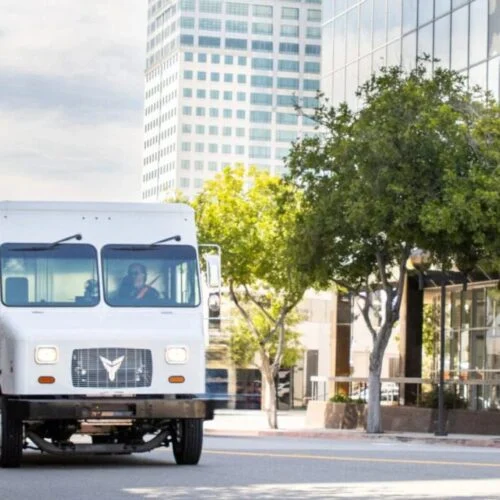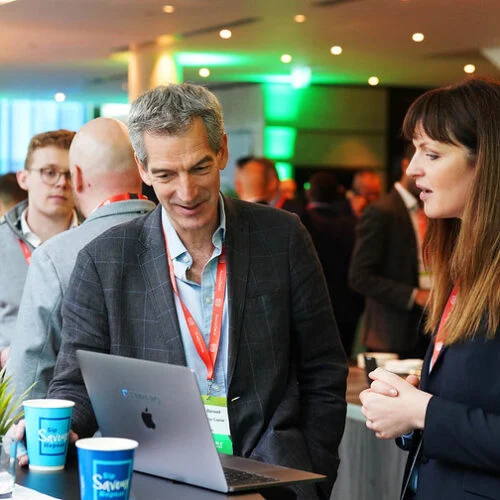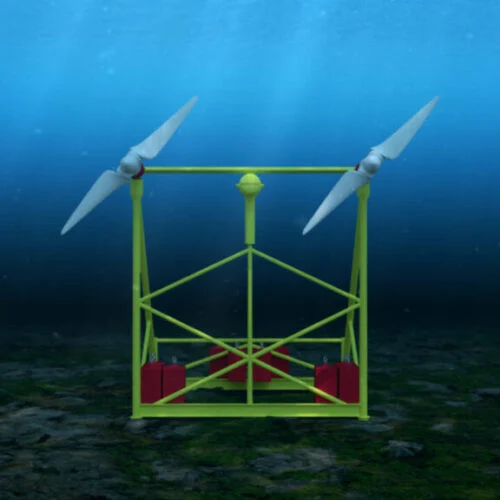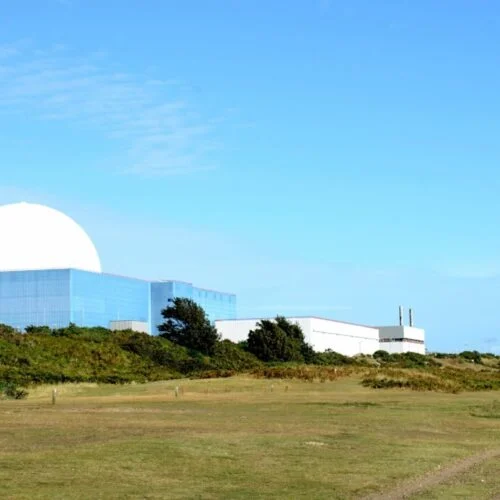The Department for Energy Security and Net Zero (DESNZ) has revealed plans to expand the range of low-carbon technologies homeowners can claim for under the Boiler Upgrade Scheme (BUS).
The BUS currently offers homeowners up to £7,500 off the cost of purchasing and installing a home heat pump, and has received over 76,000 applications since launching in May 2022. March 2025 marked the best month in the scheme’s history, as 4,028 applications were received across the month – up 88% from the same month last year.
Given the surging popularity of the scheme, the UK government is now exploring ways to widen the choice of technologies and payment methods available to BUS applicants in order to keep the nation on the path to decarbonised home heating. Proposed changes to the scheme include broadening eligibility beyond the current air source or ground source heat pumps to include air-to-air heat pumps, as well as making heat batteries eligible for BUS grants.
Furthermore, the plans on which DESNZ has today (30 April) launched its consultation include proposals to expand the range of purchase options available to those looking to decarbonise their home heating systems.
Several financial plans are under consideration for this, including lease agreements wherein households lease a heat pump for a set period of time, after which they will either enter into a new lease or replace the heat pump. Different hire purchase plans could also be offered to potential BUS applicants, wherein householders can pay for a heat pump in instalments and then own their equipment at the end of their contract, or another plan that would also bundle in a heat-pump-specific energy tariff to simplify bill payments.
These potential expansions to the BUS come as part of the government’s Warm Homes Plan, a key campaign promise for the Labour government, which minister for energy consumers Miatta Fahnbulleh said will help “drive better living standards as part of the Plan for Change”. She added: “we are now proposing to give working families more choice and flexibility to pick the low-carbon upgrades that work best for them”.
The UK government has also announced that it has invested £4.6 million into Copeland, a Northern Ireland based company, to help them expand their manufacturing facilities for their heating compression technology and thus expand the UK’s heat pump manufacturing industry. Sando Matic, Europe president for Copeland, called the investment “a pivotal step in advancing clean energy solutions and driving economic growth”.
Additionally, as part of energy minister Ed Miliband’s mission to train a “clean power army,” DESNZ has committed to training 18,000 skilled workers to install heat pumps, solar panels, and insulation.
Ned Hammond, deputy director for customers at industry trade group Energy UK, called DESNZ’s announcement “a really positive move”. Hammond added: “The recent surge in demand for the Boiler Upgrade Scheme following the government’s funding uplift is a clear signal of consumer appetite and what can be done with the right support in place – and it’s vital this level of investment continues.”

